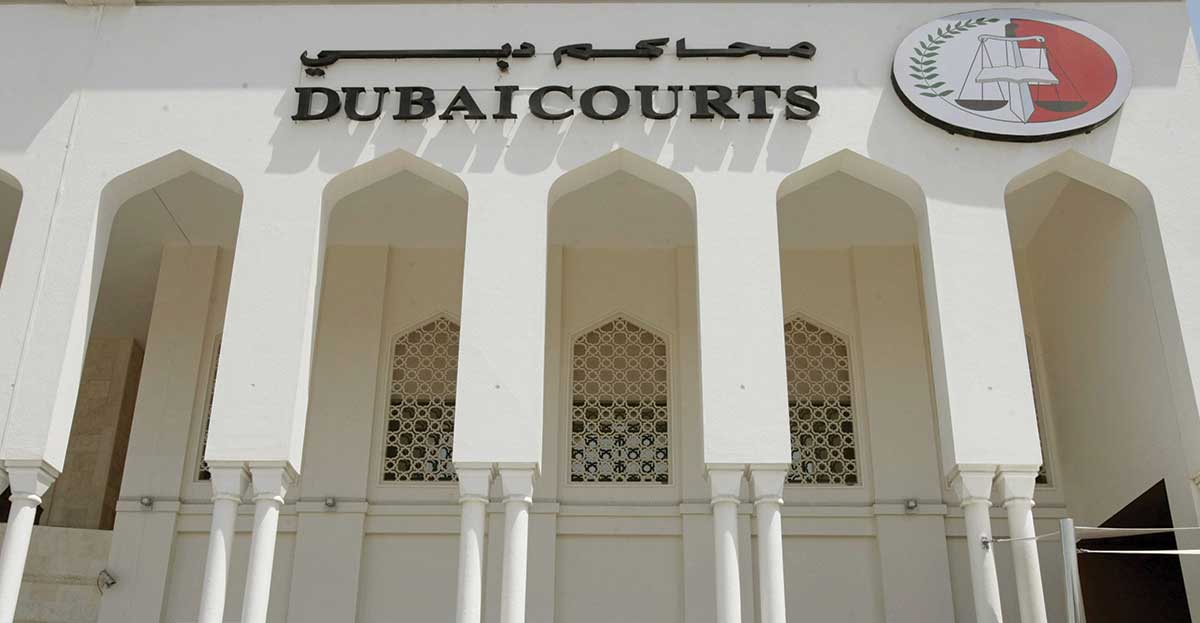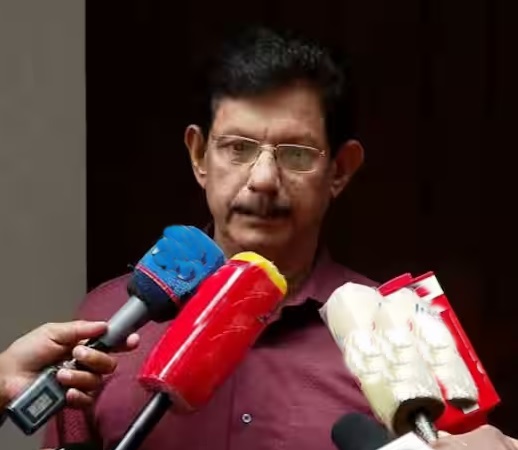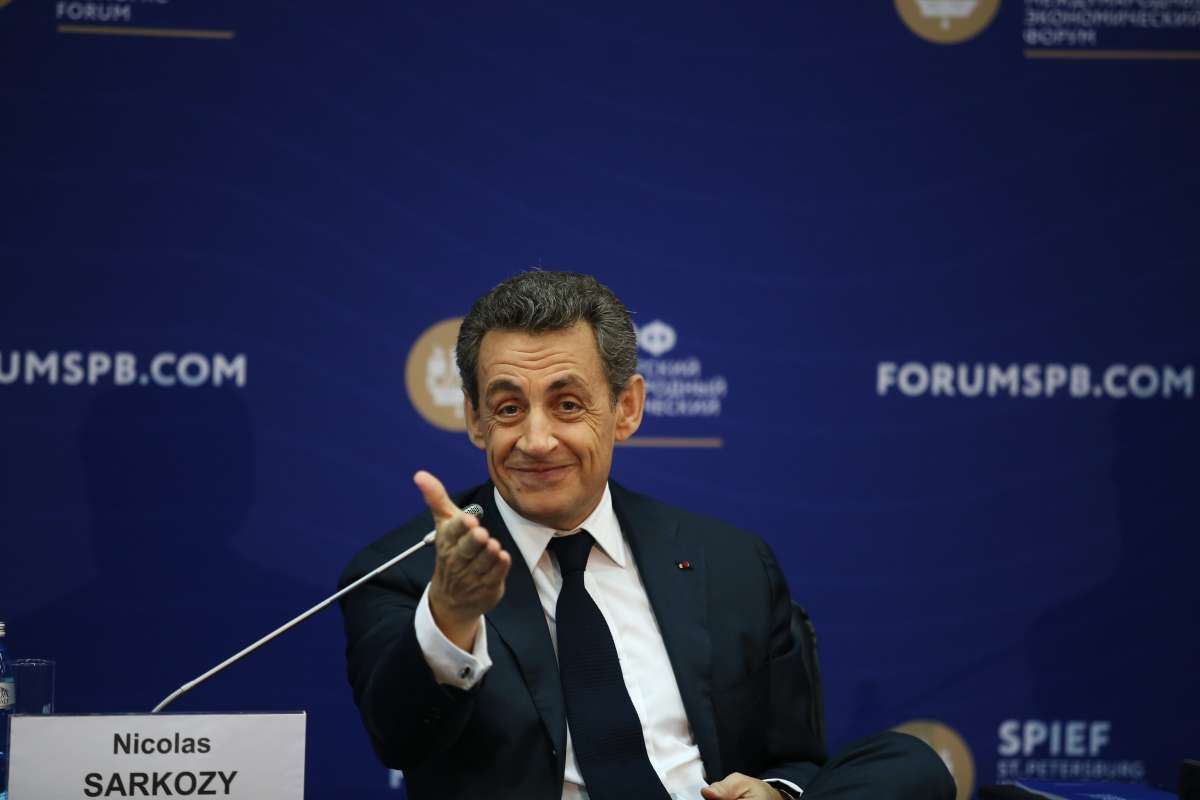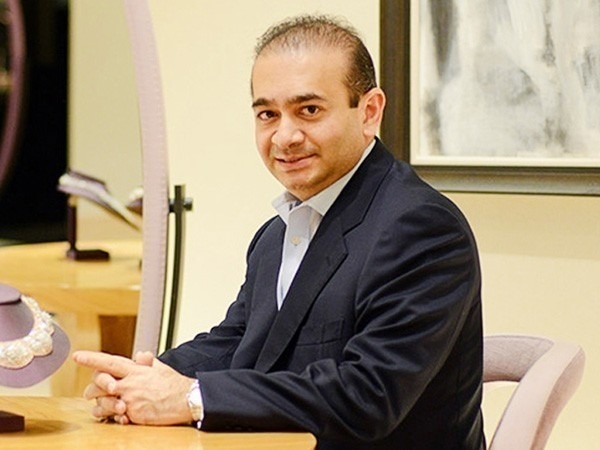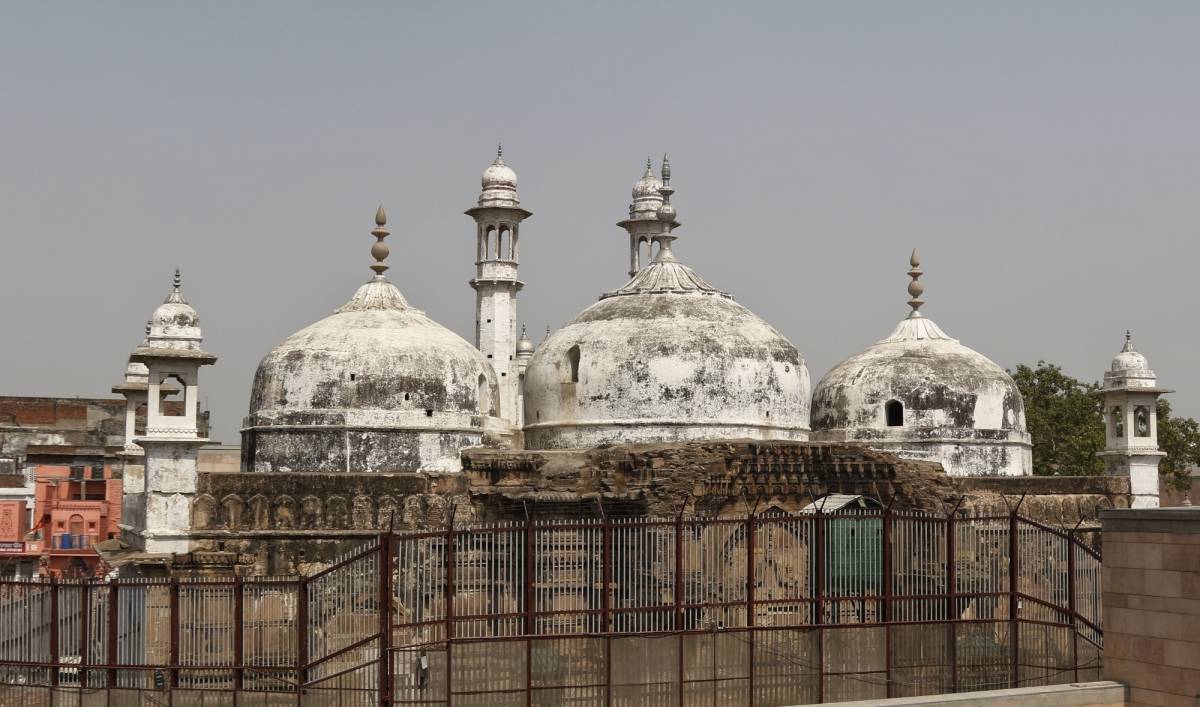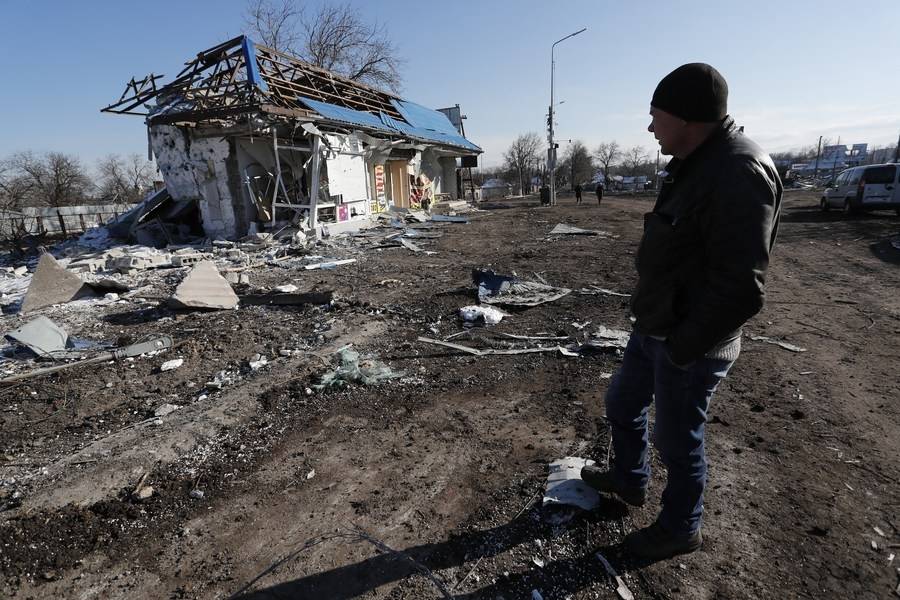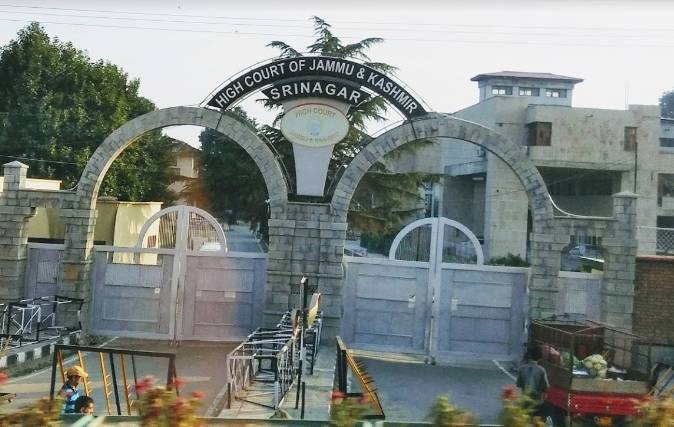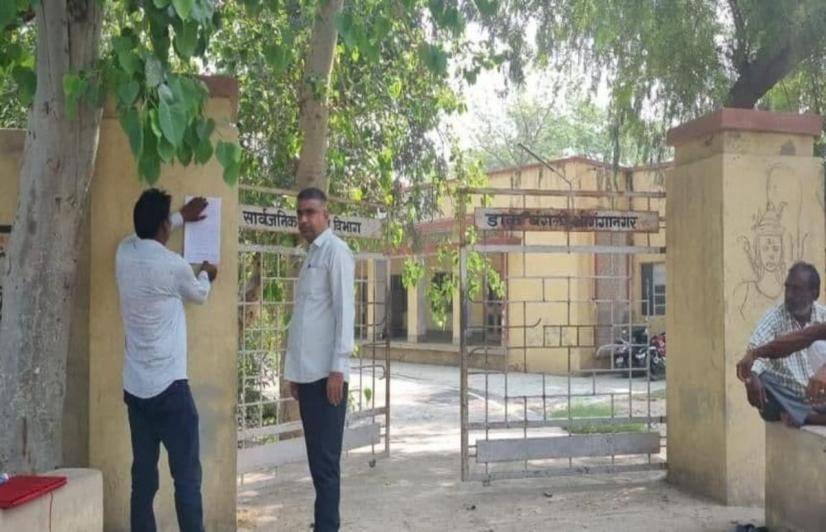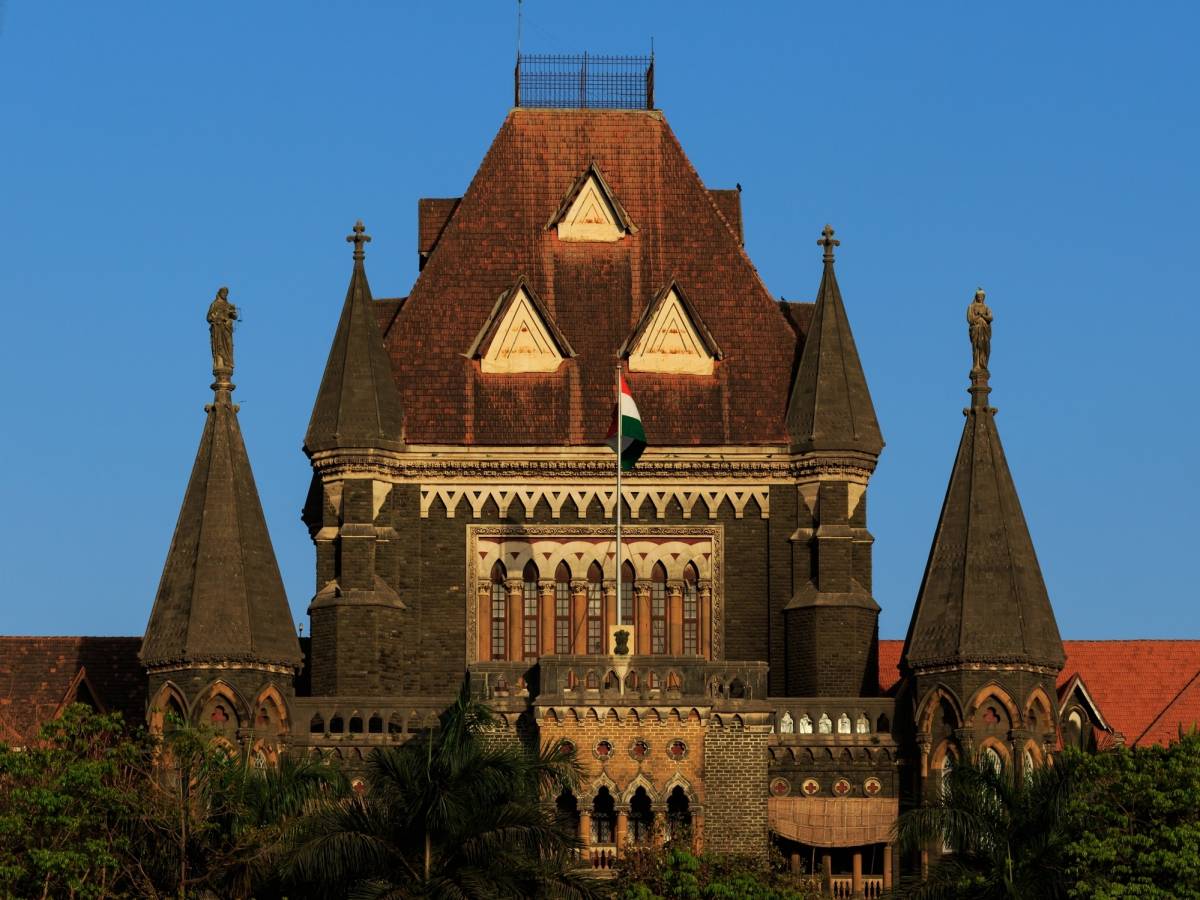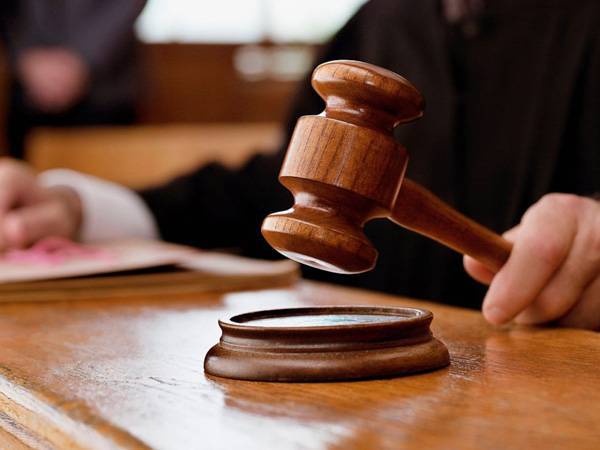Sharma is one of the many cases of government negligence in Rajasthan which has cost government officers their property…reports Asian Lite News
Maina Sharma, a resident of Teli Mohalla in Sri Ganganagar, Rajasthan had a problem. The public toilet in front of her house was in a very bad condition and the foul smell made life difficult for her. She complained to the city council, but it fell on deaf ears. Eventually, Sharma filed an application in the Permanent Lok Adalat (a dispute redressal mechanism) seeking relief.
The court summoned the city council commissioner and health officer but they did not appear. On July 25, 2019, the Lok Adalat ordered the city council to improve the condition of the toilet and pay a compensation of Rs 3,000 to the complainant, in addition to Rs 2,500 to cover complaint expenses. The court also directed the officers to solve the problem within a month, otherwise they would be fined Rs 100 per day.
“The authorities neither improved the condition of the public toilet nor paid the damages. Meanwhile, the amount of compensation, increasing at the rate of one hundred rupees per day, reached a total of Rs 74,800,” said Naresh Kathpal, Sharma’s lawyer.
“We presented a petition for the recovery of the amount in the court on September 22, 2021, after which the entire contents of the commissioner’s office –3 chairs, three fans, four cupboards, two computers, tables, sofas, coolers among others — have been seized for compensation. Now they will be auctioned and the money recovered.”
Sharma’s is one of the many cases of government negligence in Rajasthan which has cost government officers their property.
In the judgement given in Sharma’s case, the court said that the officers of the city council are careless and insensitive in their duty. “But it did not affect them,” said Kathpal adding, “They did not improve the condition of even a small toilet, even though their office belongings were seized.”
Government penalised
In fact, over the last few years, a large number of such cases have come to the fore in Rajasthan and the auctioning of government property is now becoming common practice.
In Sri Ganganagar alone, the goods of three government offices have been seized just in the month of September this year. Most recently in October, the Lok Adalat of Hanumangarh ordered the seizure of movable and immovable properties of the District Collector and the Municipal Council to cover a compensation of Rs 75,000 due to a victim of a stray bull attack in 2017.
Advocate Dinesh Dadhich, the son of the victim, said, “Such decisions will create awareness among the general public and they will be able to demand their due from the departments concerned.”
On September 29, Public Works Department’s (PWD) postal building was seized due to non-payment of dues to a farmer for land that was acquired in 1997. The court gave a verdict in December 2018 ordering the PWD to pay the farmer Premkumar a total amount of nearly Rs 22 lakh, with interest. When the department did not comply, the court gave orders to seize the department’s postal bungalow. Premkumar’s son, Sunil Saharan said that his 80-year-old father has fought this battle for 22 years. “Now that the court has ordered the seizure of the bungalow, we hope to get the remaining amount,” said Saharan.
Six days before this seizure, on September 23, furnishings in the office of Principal Medical Officer (PMO) of the Sri Ganganagar District Hospital were seized because the department had not yet complied with a 2015 court judgement to pay Rs 75,000 to a man injured in a collision with a government ambulance.
Similar incidents have been seen in other districts like Bikaner and Churu too. The PWD building in Bharatpur faced the same fate on September 20. The office has been auctioned on the order of the Bharatpur Sessions Court for Rs 1.1 crore because PWD had not yet compensated for the death of an employee in the line of duty. In August, the equipment of the Chief Engineer’s office of Bharatpur PWD was seized due to non-acceptance of the court’s decision in a case of land acquisition.
The office of the Chief Medical and Health Officer (CMHO) in Bharatpur was also auctioned on April 1 this year. The CMHO office had initially not cared about the court order, but after the auction, officials immediately issued a cheque for Rs 1.5 lakh in the name of the complainant.
KMC Constructions Limited, Hyderabad, which completed the construction of the Udaipur-Chittorgarh highway, has not been paid in two decades despite them winning the case at the Udaipur District and Sessions court. Finally, on August 30 this year, on the orders of the court, the chair of the Udaipur District Collector was seized. The administration then hastily paid the company Rs 10.02 crore.
In February this year, the Civil Judge of Chittorgarh ordered the seizure of the car, residence and chair of the District Collector, Superintendent of Police and Tehsildar over non-payment of compensation; the Motor Accident Claims Tribunal issued a notice for the seizure of the chair and car of the District Collector of Bundi last year; in April 2019, goods in the Dholpur SDM’s (Sub Divisional Magistrate) office were seized; in January 2018 the Integrated Child Development Services Department of Jaipur was penalised in a similar manner; and in February 2016, the Sessions Court issued an order to seize the car of the District Collector of Sri Ganganagar for non-payment of compensation to a farmer in a 36-year-old case.
Dr SP Singh, a former officer of the Indian Administrative Service, who served as the District Collector several times across Rajasthan, said that such incidents were rampant because of “the negligent and irresponsible attitude of the officers. The arrogance of the officials is responsible for this. Many district collectors do not even like to talk to the SDM or the lower cadre officers. Whereas, for the sake of the public, they should talk directly even to the Patwari. Public interest is more important than hierarchy”.
No heed to court orders
Top officers claim that the government is serious about taking action on the public’s complaints and resolving their problems but people are still compelled to go to the courts to get their attention.
Harjiram Atal, Director (Public Service), Rajasthan’s Administrative Reforms and Coordination Department in Jaipur, said: “Anyone who has a grievance can take any route. If there are orders of the court in any matter, then the authorities should follow them. Regular monitoring should be done by the concerned District Collector and SDM about the complaints registered and they should be disposed of as per the rules. We have issued a circular in this regard. Such instructions are also given in the monthly meetings of the departments.”
Atal said that they regularly review complaints received from the public. “All the district collectors have been asked to hold weekly and fortnightly meetings and ensure quality disposal of complaints,” he stated.
But advocate Navrang Singh Choudhary described all the guidelines as a mere formality. He asked that if the government is serious, why doesn’t it take action against the officials responsible for the seizure and auction of government offices.
Singh, a former president of the Bar Council of Rajasthan, added, “While the general public is troubled due to careless and irresponsible officers, there is defamation of the administration. The officers responsible for the seizure-auction should be identified and punished. This will serve as a lesson to the other officers.”
The Rajasthan Guaranteed Delivery of Public Services Act, 2011 has been in force in the state since November 14, 2011. This act prescribes how many days a department can take to complete a certain public work, guaranteeing the provision of services within a time limit.
Advocate Sanjay Arya, Secretary, Social Common Cause and Evolutionary Education Society in Sangaria, said that there are many rules and regulations, but government officials do not take interest in dealing with the public’s work.
“The officers do not even want to comply with the orders of the court. Court orders are stuck or ignored through appeal. This trend has increased over the past decade,” said Arya. He added that judicial activism from the officers is not tolerated.
“The nexus between politicians and officials prevents them from listening to anyone. The problem is big. The court will have to find a solution for this.”
ALSO READ-Forest management by the people, for the people

